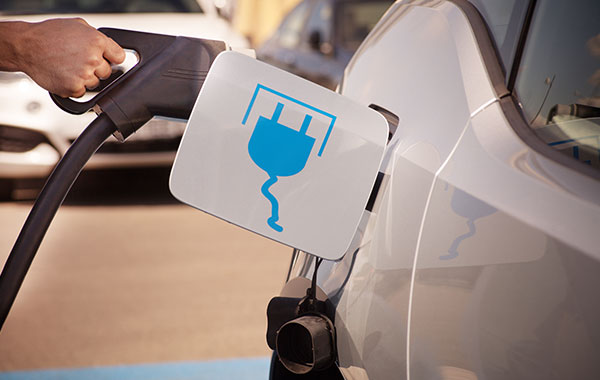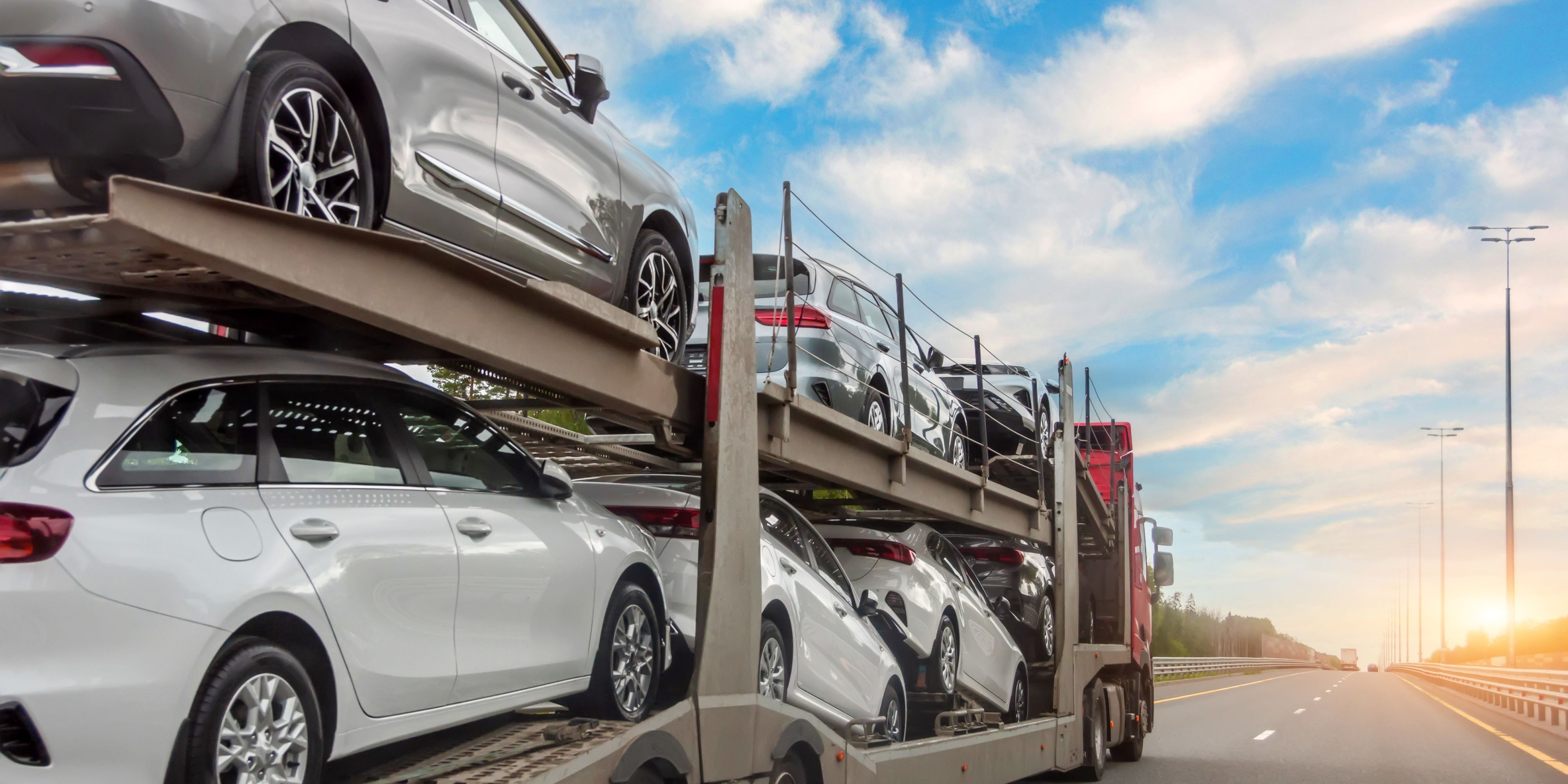Bad Homburg. On the occasion of the exploratory talks on the upcoming coalition negotiations, the international motor vehicle manufacturers once again point out their positions on climate and environmental protection.
VDIK President Reinhard Zirpel emphasizes in particular: “In order to meet the climate targets 2030 and 2050, conventional and all alternative drive technologies must be assessed, exploited and promoted by appropriate incentives in a technology neutral way. No particular drive technology may be excluded.”
These are the key positions:
- Creation of incentives for the replacement of old cars and trucks with new, more eco-friendly and safe vehicles (Initiative for Clean Air) instead of traffic restrictions, in particular for non-compliance with air quality limits for nitrogen oxide and particulates
- Taking into account the technical and economic realities in setting future CO2 limits; and doing so only after having gained sufficient experience with the new WLTP
- Refusal of CO2 limits for heavy commercial vehicles but informing vehicle users about their vehicles’ fuel consumption as determined through testing
- Extension of application range of promotion of electric mobility through direct purchase incentives and clearly defined user benefits even after the environmental bonus runs out; Procurement initiative for electric vehicles in the public sector
- Acceleration of expansion of the charging infrastructure for electric vehicles with nationwide simple and non-discriminating usability that is viable for the future; simplification of charging electric vehicles in rental apartments and condos; Preparing for bi-directional charging through globally harmonized standards
- Development of a nationwide infrastructure for fueling fuel cell vehicles
- Abstinece of special taxes on the use of electricity and hydrogen in transportation
- Increasing the use of vehicles with natural gas engines by growing the vehicle line-up and the network of gas stations
- Using climate-neutral fuels in combustion engines if these fuels are produced in a sustainable manner and not in competition with food crops
Positions of the VDIK on all policy areas are available for download on the VDIK website www.vdik.de




